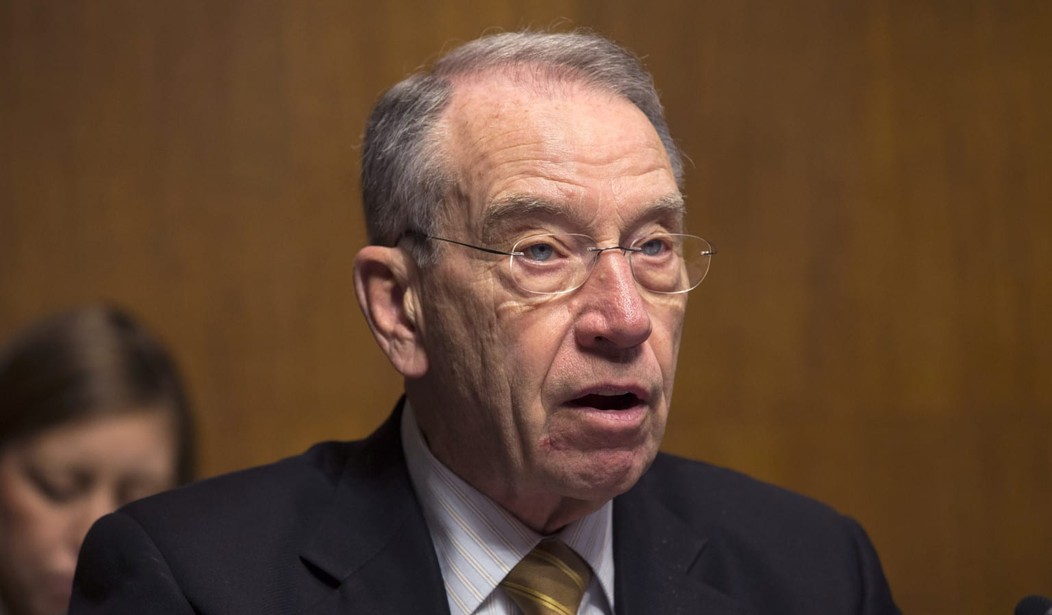WASHINGTON – As if President Obama hasn’t already experienced problems getting various planks in his platform through a stubborn Congress, it appears his struggle will become even more difficult as Republicans assume control of committee chairs in the Senate.
The committee chairs control the flow of legislation destined for the Senate floor and therefore can easily wreak havoc with any president’s agenda. They usually induce angina in a president who happens to be a member of the other party.
And that’s what is expected during the 114th Congress that launches in January. With Republicans in charge as a result of the Nov. 4 elections, Obama’s program is likely to take a beating during his final two years in office, especially his efforts on the environment.
The Environmental Protection Agency under Obama has promulgated a series of regulations intended to address dangers associated with global climate change – rules that have caused a number of GOP lawmakers to gnash their teeth. The EPA has set new emission standards under the Clean Air Act on both existing and projected coal-fired power plants aimed at reducing the amount of carbon dispatched into the atmosphere.
Sen. David Vitter (R-La.), a harsh critic of the administration’s policies, is the current ranking member on the Senate Environment and Public Works Committee but he appears destined to replace Sen. Maria Cantwell (D-Wash.) as chair of the Senate Small Business and Entrepreneurship Committee. Vitter plans to run for governor next year.
Sen. Jim Inhofe (R-Okla.), a doubter of climate-change reports, has dibs on the Environment spot, replacing Sen. Barbara Boxer (D-Calif.), an ardent environmental advocate. Inhofe chaired the panel for four years, from 2003 to 2007. Under Senate Republican rules, a chair is allowed to serve six years, meaning Inhofe can reclaim the position – something he’s already announced he intends to do.
Inhofe maintains that scientific studies asserting that humans are impacting climate change are incorrect. In 2012, he said on a radio program that God controls climate to man’s exclusion.
“God’s still up there,” he said. “The arrogance of people to think that we, human beings, would be able to change what He is doing in the climate is, to me, outrageous.”
Inhofe will almost certainly seek to roll back the administration’s regulations with the support of Senate Republican Leader Mitch McConnell, of Kentucky, slated to lead the majority, who has campaigned against what he characterized as the EPA’s “war on coal.”
Sen. Ted Cruz (R-Texas), the darling of the Tea Party, is expected to end up as chair of the Senate Science and Space Subcommittee, which he can use to toss a monkey wrench into the administration’s global warming efforts.
But Inhofe and Cruz aren’t the only lawmakers in line to chair committees who are expected to cause trouble for Obama. Sen. John McCain (R-Ariz.), who lost a presidential election to Obama in 2008 and has since emerged as the upper chamber’s most strident critic on the use of the military, appears destined to become the chair of the Senate Armed Services Committee.
McCain has expressed support for deploying some U.S. ground troops to combat the terrorism threat posed by ISIS in Syria and Iraq, chiding the administration for relying solely on air power.
“Frankly, I know of no military expert who believes we are going to defeat ISIS with this present strategy,” he said recently.
He also characterized as “cowardly” Obama’s refusal to employ the nation’s military might to help depose Syrian President Bashar Assad.
And it goes without saying that Obama will experience renewed problems attempting to push his nominees to the federal bench through Sen. Chuck Grassley (R-Iowa), who is in line to chair the Senate Judiciary Committee.
Grassley played a major role in trying to block Obama’s judicial appointments in his role as the panel’s ranking member. It was that strategy that led Senate Democratic Leader Harry Reid, of Nevada, to change the chamber’s rules and prohibit filibusters against judicial nominees, save for U.S. Supreme Court appointments.
As chair, he can simply opt not to schedule votes on nominees. He has expressed a desire to implement some sort of district realignment and has specifically opposed approving appointments to the U.S. Court of Appeals for the District of Columbia.
There are others. Sen. Ron Johnson (R-Wis.) is positioned to became chair of the Senate Homeland Security and Government Affairs Committee. It was questioning from Johnson on Benghazi that led former Secretary of State and potential 2016 Democratic presidential candidate Hillary Clinton to famously respond, “What difference does it make?”
And it’s likely that Sen. Jeff Sessions (R-Ala.) will make his mark as the new chair of the Senate Budget Committee.
Regarding other slots, it’s clear that Sen. Orrin Hatch (R-Utah) will chair the Senate Finance Committee and Sen. Bob Corker (R-Tenn.) will assume control of the Senate Foreign Relations Committee. The Senate Intelligence Committee likely will be handed to Sen. Richard Burr (R-N.C.), although he may instead opt to take the Senate Veterans Affairs Committee. In that case, the job will probably go to Sen. James Risch (R-Idaho).
Sen. Lisa Murkowski (R-Alaska), who supports “significantly increasing energy production in Alaska,” including parts of the Arctic National Wildlife Refuge, a move that has drawn strong opposition from environmental interests, likely will take over the Senate Energy and Natural Resources Committee from Sen. Mary Landrieu (D-La.).









Join the conversation as a VIP Member